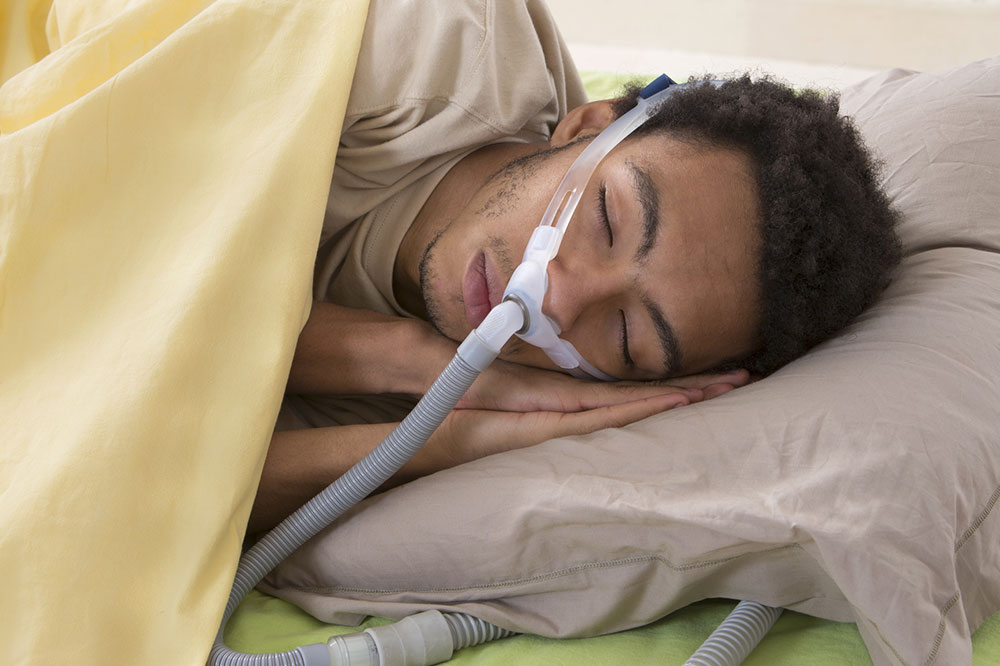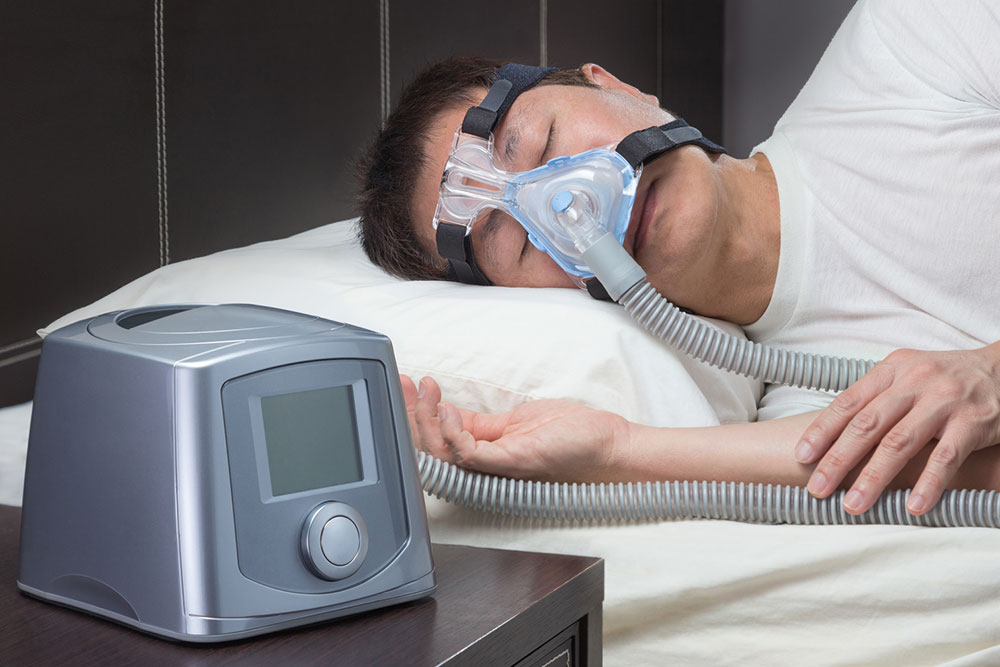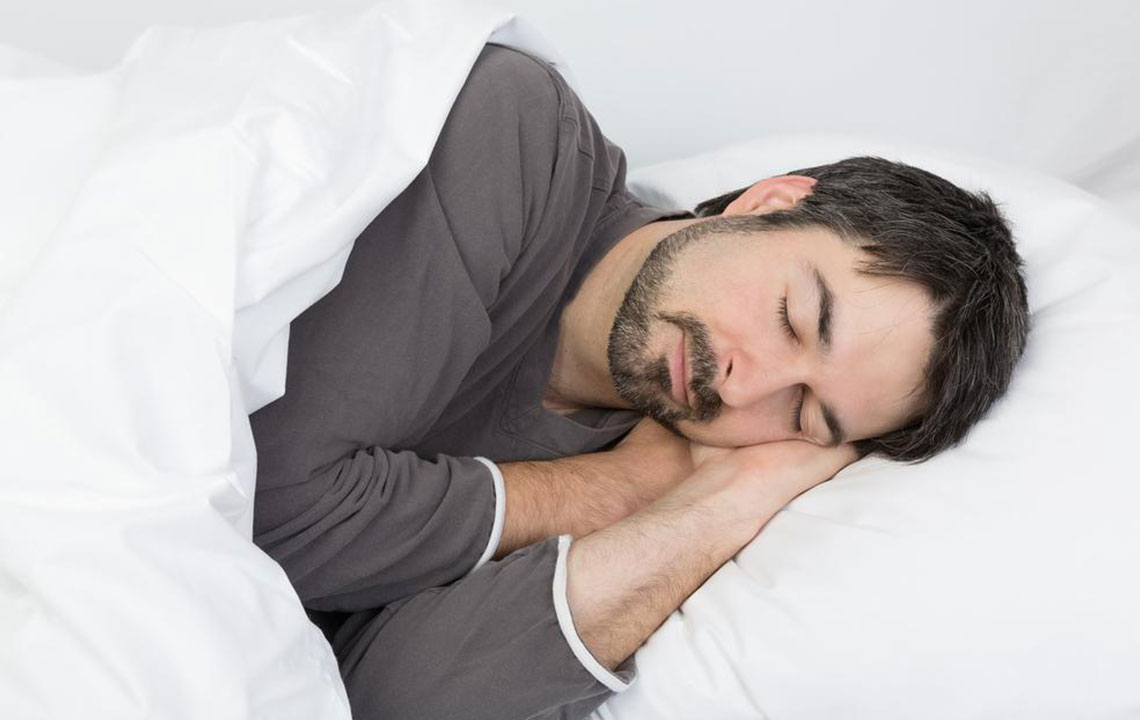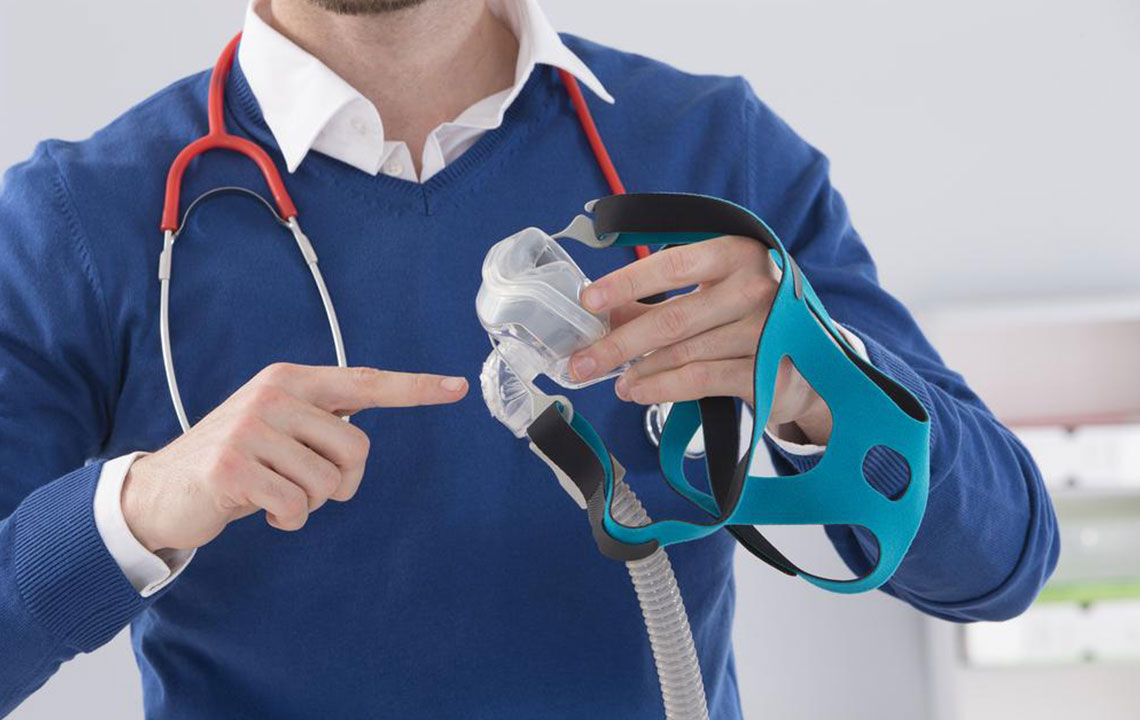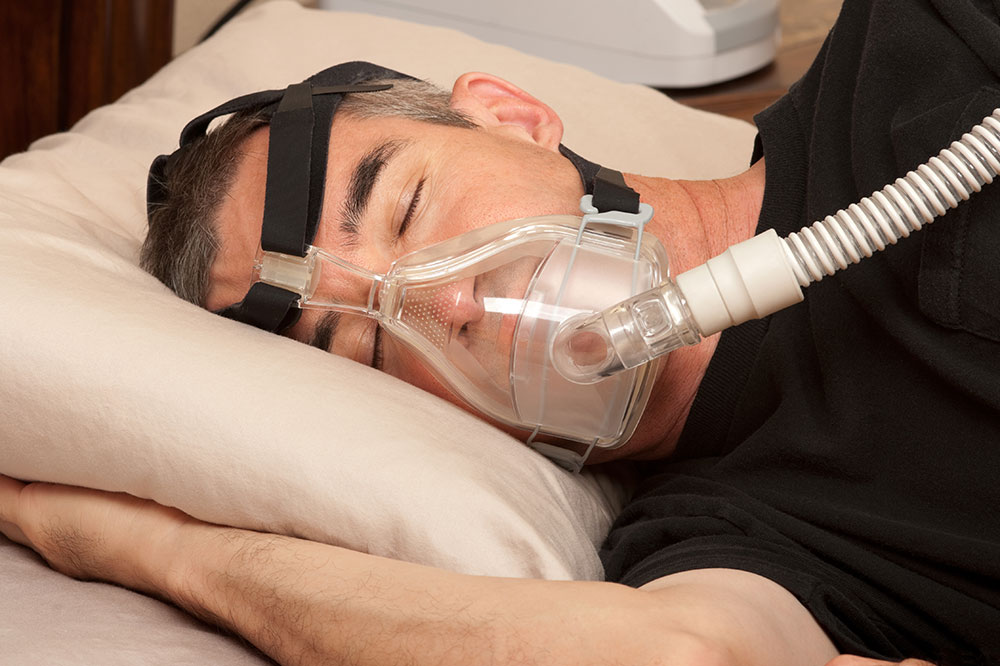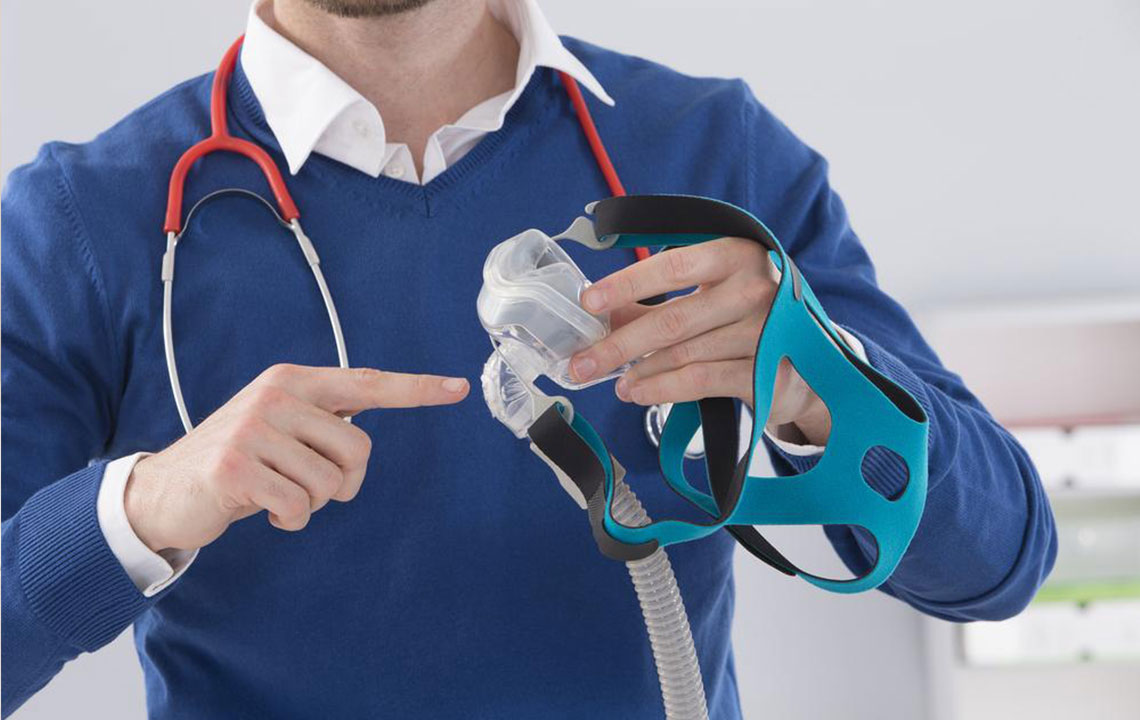Effective Dental Solutions for Sleep Apnea Relief
Discover effective dental solutions for sleep apnea relief, including custom mouthguards and combination therapies. Learn about costs, benefits, and usage tips for managing sleep apnea comfortably. Consult healthcare professionals for personalized treatment options.
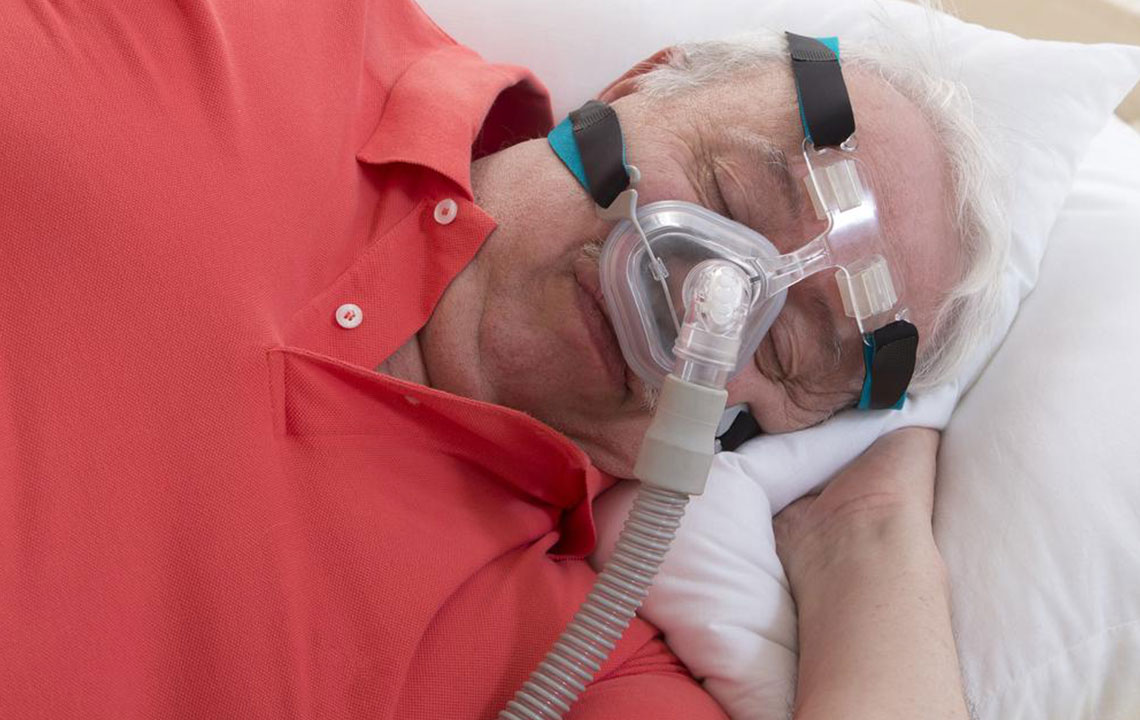
Effective Dental Solutions for Sleep Apnea Relief
Do you notice frequent breathing disruptions during sleep? Are you struggling to breathe normally at night? These could be signs of sleep apnea, a serious sleep disorder where breathing repeatedly stops. This condition can deprive your brain and body of vital oxygen.
Custom Mouthguards – Dental devices, known as sleep apnea mouthguards or Mandibular Advancement Devices (MAD), are tailored by dentists with molds that perfectly fit your mouth. These devices typically cost between $1500 and $2200.
For those unable or unwilling to use CPAP therapy, oral devices offer an alternative treatment.
There are two main types of dental appliances:
Mandibular Advancement Device (MAD) – The most common device moves the lower jaw forward to keep the airway open. It encourages better muscle tone in the tongue and airway, improving airflow. The average cost ranges from $1800 to $2000.
Tongue Retaining Device (TRD) – These devices hold the tongue in a forward position, preventing airway blockage. They may cause initial discomfort and take some time to get used to. TRD costs generally range from $1800 to $2000.
Another option is the combination of CPAP therapy with custom dental devices. CPAP uses gentle air pressure to keep airways open, but some users find masks uncomfortable. Collaborating with your dentist, a tailored dental device can minimize pressure levels and enhance comfort. The cost varies based on size and complexity but offers an effective, affordable alternative.
Oral appliances are proven effective, simple to use during sleep, and budget-friendly, making them popular choices for managing sleep apnea.
Note: This information is for educational purposes only and should not replace medical advice. Always consult qualified healthcare professionals to diagnose and treat sleep disorders appropriately.

